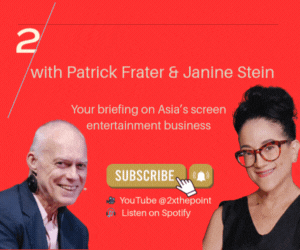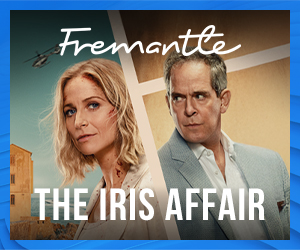FEATURES
India's Prasar Bharati chief executive, Jawhar Sircar
03 November 2014
3 November 2014: "We have already jazzed up [Doordarshan's] news operation. The problem is the entertainment content. There is a dichotomy. People think that a public broadcaster is supposed to be mission-based – mission girl child, mission ethnic groups, etc – and not entertainment."That is one issue. On the other hand, there is the issue of how to earn our keep. We get about half our earnings from government and the other half we have to earn. It's a bit of a trap. If we don't put on good attractive programming, we don't get viewership, without viewership we don't get advertising, without ads we fall short of sustainable targets."So we have more or less decided that we will have three hours of primetime entertainment, which will be reasonably on par with other channels. These three hours will be replayed the next day, which leaves us with 18 hours of other content, so there is no compromise on that issue. That break up is good. This will be a job for the new board.""Three hours of good content should not be that impossible. It's a question of direction. There is a confusion as to what is being sought. Other than the six hours [three original plus repeats], we can have a half hour or hour devoted to the girl child, wildlife, to other causes and things that are not awfully sexy in entertainment terms.""There is a chance of a breakthrough in technology, which is happening all over the world... India has about 200 million smartphones, which will rise to 300 million in 18 months. One huge section of India's population will be looking at entertainment over mobile... We are focusing on free-to-airmobile streaming using DVBT-2 Lite. No one can replicate our infrastructure, it's just too costly. Using our existing 1,000-odd transmission towers should give us 18 channels. I won't use all 18 channels. The idea is to allow the free-to-air channels of other companies to l...
3 November 2014: "We have already jazzed up [Doordarshan's] news operation. The problem is the entertainment content. There is a dichotomy. People think that a public broadcaster is supposed to be mission-based – mission girl child, mission ethnic groups, etc – and not entertainment."That is one issue. On the other hand, there is the issue of how to earn our keep. We get about half our earnings from government and the other half we have to earn. It's a bit of a trap. If we don't put on good attractive programming, we don't get viewership, without viewership we don't get advertising, without ads we fall short of sustainable targets."So we have more or less decided that we will have three hours of primetime entertainment, which will be reasonably on par with other channels. These three hours will be replayed the next day, which leaves us with 18 hours of other content, so there is no compromise on that issue. That break up is good. This will be a job for the new board.""Three hours of good content should not be that impossible. It's a question of direction. There is a confusion as to what is being sought. Other than the six hours [three original plus repeats], we can have a half hour or hour devoted to the girl child, wildlife, to other causes and things that are not awfully sexy in entertainment terms.""There is a chance of a breakthrough in technology, which is happening all over the world... India has about 200 million smartphones, which will rise to 300 million in 18 months. One huge section of India's population will be looking at entertainment over mobile... We are focusing on free-to-airmobile streaming using DVBT-2 Lite. No one can replicate our infrastructure, it's just too costly. Using our existing 1,000-odd transmission towers should give us 18 channels. I won't use all 18 channels. The idea is to allow the free-to-air channels of other companies to lease those lines. Once we get those up, to a large extent we focus our economics on carriage and transmission, which is our forte, and convert a weakness to a strength. That's the whole idea."Where do we get content? One way out is to permit advertiser funded programmes. We never focused on them before. There has been a general lack of direction and focus for the past 10 years, which took me some time to understand. The problem was taken to be a fact of life, and these facts of life needed to be questioned. The attitude was that we were supposed to be dull – and I've had to challenge that.""Recruitment is one of our challenges... DD's programming capacity is severely limited. In house programming depends station to station. We have 15 regional stations and in many there are not enough people to man the programmes or even to cover outdoor. That's one area we are trying to focus on.""We are moving towards 120 channels on our Freedish TV platform by the end of this year... That makes it enough for a household.""Our strategy is always to make the service free to the consumer. One of my issues is the costing. How to make it free to the consumer because there are no free lunches for me. We have to cross-subsidise.""I wouldn't describe this as a whole new Doordarshan yet. It's still under repair"."TV is dog-eat-dog. India can't afford this many channels."































